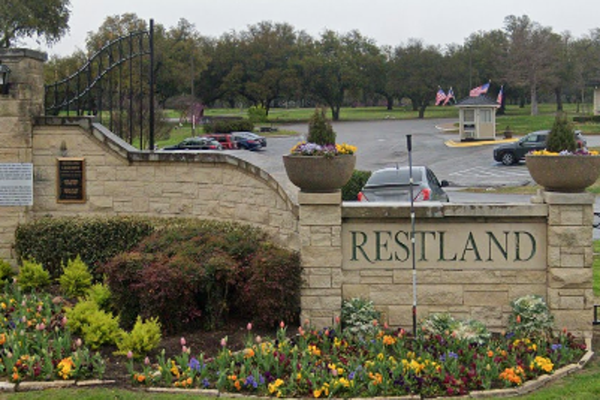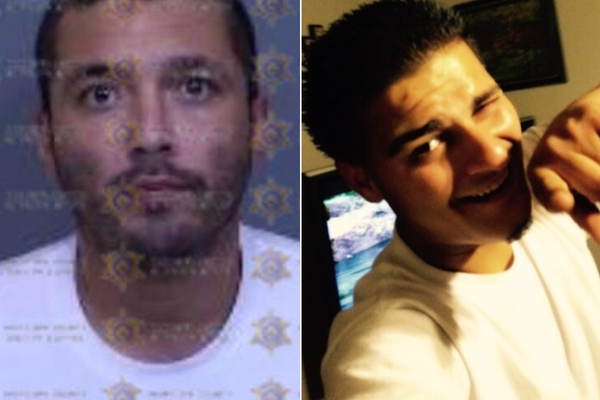Liver cancer is the eight most deadly type of the disease in the UK, with around 5,800 people sadly losing their lives to it each year.
Getting diagnosed early sometimes means that the cancer can be treated, either through surgery or a liver transplant. The two types of liver cancer include primary, where it starts off in the liver straight away, or secondary - where it appears elsewhere in the body and spreads to the liver.
But it's often the case that it's diagnosed too late and can't be completely destroyed by treatment, according to NHS Inform.
Symptoms of the killer cancer often don't show up until the later stages of the disease making it harder to treat, experts from the American Cancer Society have said.
But the Mirror reports that one doctor has highlighted the "first" warning symptom that could be a sign of liver cancer - and it tends to appear at mealtimes.
Joseph Ambani, Medical Doctor from GlowBar, highlighted the red flags that strike "early on" during the course of the devastating disease.
He said: "Generally, people living with liver cancer will find themselves losing their appetite for food or being unable to eat as much as before due to abdominal discomfort or nausea. Additionally, those affected by the disease may find that even eating small amounts causes pain and discomfort in the stomach area."
Any appetite changes may be a warning sign of the cancer, but could also point you towards other health problems.
There are 10 major "red flags" to watch out for when it comes to liver cancer, and understanding these symptoms may help you to catch the disease early.
Liver cancer symptoms

According to Ambani, the full list of early symptoms could include:
Abdominal pain
Unexplained weight loss
Loss of appetite
Jaundice (yellowing of the skin and the eyes)
An enlarged abdomen due to fluid build-up (ascites)
Shortness of breath
Fatigue or weakness
Nausea or vomiting.
He advised: "To identify potential liver cancer, pay close attention to your body's warning signs."
While these symptoms are considered ‘common’ signs of the disease, Cancer Nurse at Perci Health, Lisa Jacques, added that red flags can also be caused by other conditions.
The nurse added: “So having these symptoms does not mean you definitely have liver cancer. It is important to speak to your GP about these symptoms, or any other symptoms that you are concerned about. If they are caused by cancer, detecting cancer earlier means it is more treatable.”
The NHS also recommends getting any symptoms of liver cancer checked “as soon as possible”.
Liver cancer causes
According to NHS Inform, the exact causes of liver cancer aren't known, but most cases are associated with damage and scarring of the liver known as cirrhosis.
This can be down to a number of things, including drinking excessive amounts of alcohol over many years and having a long-term hepatitis B or hepatitis C viral infection.
Obesity and an unhealthy diet can also increase the risk of liver cancer because this can lead to non-alcoholic fatty liver disease.
To reduce your risk of developing the cancer, NHS Inform recommends cutting down on alcohol, eating healthily, exercising regularly, and taking steps to limit your chances of becoming infected with hepatitis B and C.
Don't miss the latest news from around Scotland and beyond - sign up to our daily newsletter here.







